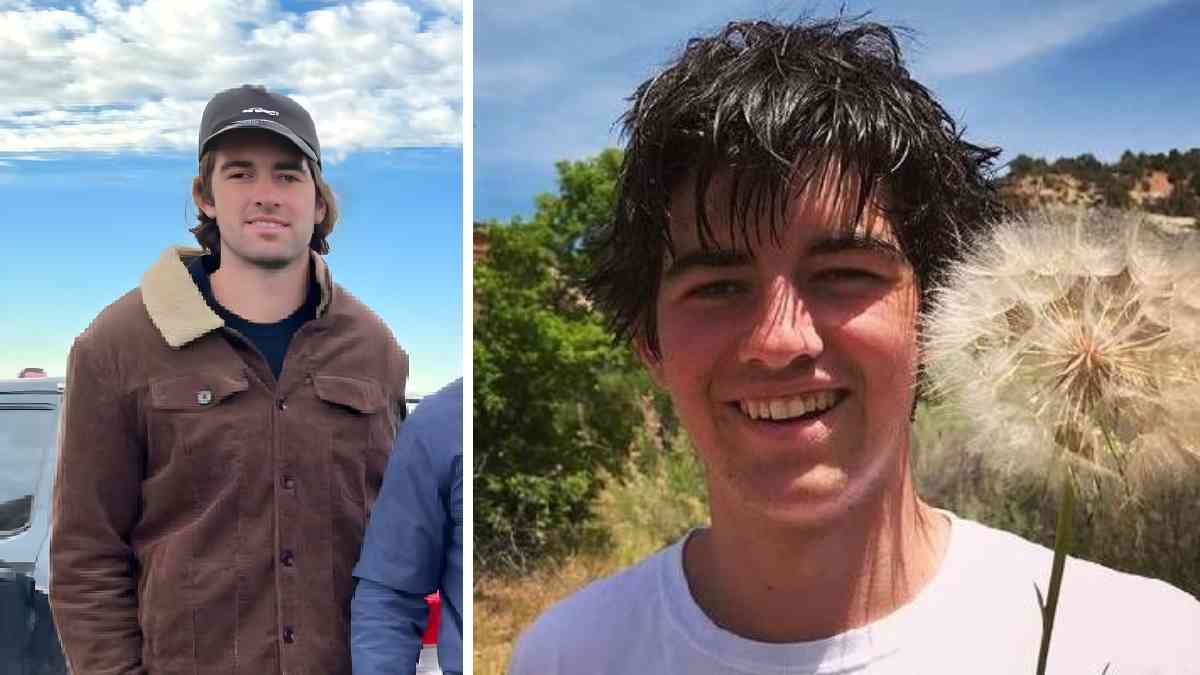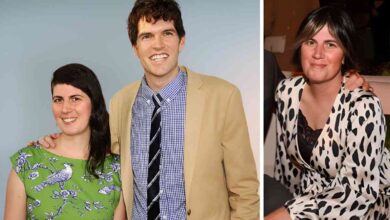William Finbar Kennedy: Championing Environmental Legacy and Quiet Impact

The Kennedy name resonates with influence, leadership, and legacy in American political history. But not every Kennedy has pursued a career in the spotlight. William Finbar Kennedy, also known as “Finn,” carries the powerful family name with humility, focusing instead on environmental activism and personal growth. Born into a family synonymous with public service, Finn has chosen a different path—one of quiet yet determined impact.
This article delves deep into the life of William Finbar Kennedy: his background, education, values, and what sets him apart from others in the Kennedy lineage.
Early Life and Kennedy Roots
William Finbar Kennedy was born on November 8, 1997, in Mount Kisco, New York. He is the son of Robert F. Kennedy Jr., an environmental attorney and activist, and the late Mary Richardson Kennedy. Being a part of the Kennedy dynasty, Finn’s upbringing was filled with a mixture of historical weight and contemporary challenges.
Growing up in the vibrant and often intense Kennedy household, Finn was raised alongside his siblings—Conor, Kyra, and Aidan—as well as two half-siblings from his father’s first marriage, Robert III and Kathleen “Kick” Kennedy. His early years were split between family estates and academic pursuits, shaped by the values of service, intellect, and civic responsibility.
A Thoughtful Education: Brown University
Unlike many of his family members who leaned heavily toward law or politics, William Finbar Kennedy pursued science. He earned a Bachelor of Science degree in Biology from Brown University, one of the Ivy League’s most progressive and academically rigorous institutions.
At Brown, Finn’s academic interest zeroed in on ecological science and marine biology. Professors and peers noted his seriousness in lab settings and field projects, often commenting on his calm demeanor and thoughtful insights. His time at the university reinforced his commitment to protecting the environment, not through speeches, but through science-backed action.
Environmental Passion and Public Projects
One of the most notable contributions of William Finbar Kennedy to the public eye came through his involvement in the National Geographic documentary Sea of Hope: America’s Underwater Treasures. In the film, Finn joined marine biologists and conservationists on an expedition to explore some of the United States’ most endangered underwater ecosystems.
His participation wasn’t for fame. Instead, it stemmed from a genuine desire to contribute to marine protection efforts. During the expedition, he swam among dolphins, observed coral bleaching firsthand, and advocated for the protection of critical marine habitats. One particularly symbolic moment came when Finn explored Buck Island Reef, which his great uncle, President John F. Kennedy, designated as the world’s first marine park.
This powerful connection between past and present served as a reminder: though the mediums may differ—policy vs. environmental science—the mission remains the same.
Living with Legacy, Leading with Purpose
Being a Kennedy comes with immense expectations. But William Finbar Kennedy has approached that responsibility with quiet strength. Rather than leaning into politics or publicity, he has instead focused on areas where he can make tangible, science-driven change.
His personality has often been described as introspective. While his siblings or cousins may appear in media or activism circles, Finn prefers working behind the scenes. Those close to him suggest that he values authenticity, ethics, and thoughtful solutions over grandstanding or attention.
He may not have followed the expected route, but that decision itself defines the courage of someone who seeks impact over impression.
Personal Interests and Lifestyle
Away from the cameras and family legacies, Finn leads a relatively low-profile life. He enjoys outdoor activities—especially those involving the sea, such as diving and kayaking. His social media presence is minimal, and he avoids high-profile events unless they align with his environmental interests.
Friends and colleagues note his love for animals and nature, as well as his tendency to listen more than speak. In an age where many seek validation through visibility, William Finbar Kennedy models a refreshing alternative: quiet, deliberate action rooted in values.
Influence of His Parents
Both of Finn’s parents had a significant influence on his worldview. His father, Robert F. Kennedy Jr., has long been involved in environmental advocacy, particularly around issues of clean water and corporate responsibility. Growing up, Finn often witnessed his father litigate for the environment, speak at climate events, and challenge ecological neglect.
His mother, Mary Richardson Kennedy, was known for her architectural interests and commitment to green living. Her tragic passing in 2012 left a deep impact on Finn during his teenage years. Yet, those who know him say that experience shaped his emotional depth and resilience. He channels his personal loss into a stronger commitment to life’s meaningful pursuits, particularly conservation.
The Kennedy Family Today: A New Generation
As part of the younger Kennedy generation, William Finbar Kennedy represents a shift. This generation appears less interested in holding office and more in shaping change from the sidelines—through arts, science, education, and innovation.
Finn’s siblings are involved in different creative and social efforts. His cousin, Jack Schlossberg (Caroline Kennedy’s son), has taken a more visible political path. But in contrast, Finn embraces scientific exploration and grassroots environmentalism.
He reminds us that making a difference doesn’t always require a title or stage—just focused intention and integrity.
Public Perception and Media Attention
Despite belonging to one of America’s most publicized families, William Finbar Kennedy remains elusive to media narratives. Occasionally photographed with family or mentioned in documentary credits, he avoids personal interviews and celebrity spotlights.
This deliberate choice enhances his credibility in scientific and environmental circles. He’s not trying to capitalize on the Kennedy name; instead, he’s using it to uplift causes that matter. In a time where legacy is often leveraged for clout, Finn’s approach is rare—and respected.
The Future Ahead
So, what’s next for William Finbar Kennedy?
While details remain scarce, it’s likely his journey will continue to revolve around environmental research, marine preservation, and quiet advocacy. Whether through foundation work, documentary contributions, or direct conservation fieldwork, Finn appears poised to continue making a mark—just not in the conventional Kennedy way.
His passion for the planet, anchored in education and empathy, sets a promising tone for what responsible legacy looks like in the modern era.
Why William Finbar Kennedy Matters
In an age of instant fame, performative activism, and fleeting influence, William Finbar Kennedy stands as a reminder of another path. A path of purpose over popularity. Of work over words.
He may not deliver speeches from podiums, but his actions speak clearly. He is shaping his own identity—not only as a Kennedy but as a steward of the Earth. And in doing so, he may be crafting the most enduring legacy of all.
Conclusion
William Finbar Kennedy exemplifies a modern approach to legacy—one that values integrity, action, and a deep connection to the natural world. While others in his family made their mark through politics and public roles, Finn has chosen a quieter yet equally powerful path. His dedication to environmental science, particularly marine conservation, reflects a purposeful life shaped not by fame, but by responsibility.
Discover how William Finbar Kennedy redefines legacy through environmental impact.



